
Farming in Nigeria is one of the most profitable businesses to venture into, agriculture accounts for over 20% of Nigeria’s GDP but just as about 80% of Small and Medium Enterprises (SMEs) fail in Nigeria in their first year, your farm can also fail if you go about it without proper knowledge and the needed skill.
If you are looking to start farming in Nigeria and are uncertain about how to get started. This in-depth guide explains all the information you need to start a profitable farm in Nigeria.
What is Farming?
Rearing animals and planting crops for family consumption are some of the activities we usually term “Farming”. But to make it clear, Farming goes beyond these two. Farming is the basis of agriculture.
The raw materials used in the production of different finished products are all generated through farming. Some of these raw materials include cotton, timber, cocoa, wheat, coffee, palm oil, and others. This is to say that on a large scale, farming can be defined as a business aimed at producing raw materials for personal, industrial, and commercial purposes.
Is Farming in Nigeria Profitable?
One thing every household cannot do without is food. This is a basic need of man and If the essence of farming is to end hunger, then it can be termed profitable. This is because you can make money from farming by selling your farm produce to individuals or organizations who need various farm products.
Farming when done right is profitable. But, like every other venture, money, time and resources must be invested to get high returns.
However, before you start setting up your farm and begin to make profit projections, it is recommended that you acquire knowledge about the best farming practices. When you’ve acquired the needed skills, there are many organizations, like Babban Gona, that help make farming in Nigeria easier for farmers through business expansion.
Types of Farming in Nigeria
There are different types of farming you can venture into in Nigeria. Whether you intend to start one solely for personal use or business reasons, any of this type of farming is worth investing your time in. Some of them include;

Maize Farming in Nigeria
Maize, also known as corn in some parts of the world, is one of the most consumed cereal. Aside from human consumption of maize as food, the cereal also has many industrial uses. Maize is used in commercial industries to produce many maize-based products such as maize syrup, animal feed, additives, corn starch, corn ethanol and many other products.
Maize is one of the most profitable crops to cultivate around the world and is always in demand. If properly cultivated and stored after harvest can serve as a steady means of income. In 2020, despite the pandemic, farmer members of Babban Gona recorded a bumper maize harvest of more than double of the country’s national average.
On a smaller scale, maize is used domestically in Nigeria to produce local foods such as corn pudding, pap and others. One key benefit of growing maize in Nigeria is that the plant can grow on any type of soil.
Learn about how to get started with maize farming in Nigeria, from finding a suitable land, to planting, harvest and more.
About 60% of maize produced in Nigeria is used for poultry feeds, signifying that there is a huge market for maize farmers who may be looking to supply poultry farmers or poultry feed manufacturers. Read more insights and facts about maize farming in Nigeria.
Snail Farming In Nigeria
Snail farming as the name implies is the breeding of snails for human consumption and commercial use. Going by Commercial use, slime from snails can be used in the formulation of cosmetics. Its function in cosmetics is to serve as an anti-ageing agent. Most cosmetic companies source this slime from snail farmers. Thus, this type of farming is likely to be a great source of income if you venture into it.
If you are interested in starting a snail farm, we’ve created a detailed guide on how to get started with snail farming in Nigeria. You can read the detailed guide here: Snail Farming in Nigeria: How to Get Started.
The snail industry is estimated to be worth about 12 billion dollars and is usually in high demand during the dry season. You can learn more about snail farming in Nigeria.
Plantain Farming
Plantain farming involves the cultivation of well-developed plantain suckers to grow new ones. Plantains grow well in loamy soils and are best planted during the rainy season.
If you intend to make money from plantain farming, it’s suggested that you invest in acquiring a large plantation. This will help you produce in large quantities for the commercial market.
However, if your interest is just in growing plantain for yourself and your household, a small portion of land would be ideal.
Poultry Farming In Nigeria
Raising healthy birds such as ducks, chickens, and turkeys are termed poultry farming. This can be done for personal consumption or commercial purposes. For commercial purposes, the birds and their eggs are used in manufacturing poultry products. Some of the poultry products manufactured using birds include chicken sausages, eggnog, and others.
Poultry farming in Nigeria is the most commercialized sub-sector of all Nigeria’s agricultural sub-sector. According to a report shared by the Governor of the Central Bank of Nigeria (CBN), it is worth about N1.6trn.
If you are interested in poultry farming or you are an intending poultry farmer, read this detailed step by step on how to get started with poultry farming in Nigeria.
Fish Farming in nigeria
Fish farming is another type of farming you can practice in Nigeria. This type of farming entails breeding fishes in an aquatic environment. The aquatic environment can be a pond, a cage structure, or a recycling combined construction.
Although amongst farmers, the most common system for rearing fishes is by the use of a pond system. This pond system requires water in which aquatic plants can grow.
The essence of growing water plants in ponds is to provide an aquatic environment for the fishes. If you are just starting as a farmer, a simple pond system in your home farm might be all you need.
The fishing farming sector in Nigeria only meets about 40% of demand of fishes domestically and there are increasing demand for more fish farmers in Nigeria by experts. Get more insights about fish farming in Nigeria.
Rice Farming in Nigeria
Rice is one of the most consumed foods in the world today. Most families eat rice-based meals at least three times a week. That’s to prove how much of these grains get consumed, month in month out.
Growing rice, as it’s done in other parts of the world, is the same here in Nigeria. To successfully cultivate rice in Nigeria, you will need adequate rainfall, sun, and a PH range of 5.0 – 9.0. Also, when starting rice farming, you need not worry about the type of soil, as the plant thrives on any soil type.
More so, Rice farming like every other kind of farming can be done for either personal or commercial reasons.
Rice farming in one of the most profitable types of farming in Nigeria today. The demand for locally produced rice has been on an increase since the government banned the importation of rice in 2015. If you are an intending rice farmers, here’s all the facts you need to know about rice farming in Nigeria.

How to Get Started With Farming in Nigeria.
Now you are aware of what farming entails. Next on the bucket list is to get started by following step-by-step instructions. Knowing fully well you wouldn’t want to waste resources playing a trial and error in this venture, below are basic things you should do to get started;
Go for Proper Planning
An estimate of how much it will cost you to start a farm should be your first point of action before launching out. Research about the cost of farmland, crop seeds, tools, and equipment.
Also consider the cost of maintaining your farm and general farm materials like equipment, chemicals, fertilizers, and utility bills.
A rough estimate should help you make better financial projections for your new farm.
Research and Pick a Type of Farming
Before you pick a type of farming to practice in Nigeria, do due diligence to research all things about it.
Ask questions and make inquiries about the best species of plant with regards to your environmental climate. Identify the length of time required for its cultivation and harvest. Let’s say, for instance, you aim to start growing rice – it’s important to know if your chosen species of rice is disease-resistant, has good moisture content as well as excellent shape and size.
Also, ensure that your type of farming is lucrative. Though this could only be relevant if you intend to farm for commercial purposes.
Identify an Ideal Land for Farming in Nigeria
The land consists of soil and other earthly properties. Every plant has its specification of soil type to grow on. The soil used for growing cassava will never be suitable for growing rice.
As a farmer, your responsibility is to identify the perfect soil for your crops before starting a farm. You should check for soil properties such as the absence of toxic chemicals, soil texture, PH level, structure, presence of organic matter, percentage of air and water, porosity, and chemistry of the soil.
You can assess your soil properties seamlessly by taking a sample from your land and analyzing it in a lab by a soil scientist.
Groom Your Land
Now, after identifying the ideal land for farming, next on the list is to groom your land. A land that lacks adequate nutrients and organic matter would likely not yield healthy crops. Thus, endeavour to put your land in good condition before planting a seed therein.
The use of fertilizers, crop rotation, and the growing of legumes in the soil are effective ways to groom your land. Whichever one you choose to apply in your land, the result is that your land gets more fertile, which in turn brings high yield.
Choose the Right Seed
The essence of picking the right plant seeds for your farm is to avoid waste of resources and time. Identify which plant seeds are more appropriate for the available soil type.
Start cultivating
After proper planning has been done, land groomed and plant seeds picked, next on the list is – to start cultivation! Your farm is ready to have seeds grow and mature on it.
How to Register a Farm in Nigeria?
If you are farming for the sole purpose of meeting market demands, then registering your farm should be prioritized. But, if you intend to farm for family consumption, then there won’t be a need for registering your farm.
To register your farm, search for an Agricultural Organization saddled with monitoring farm practices in your state and register under them. Some of these organizations include Rice Farmers Association, IFDC, and Agricultural Society of Nigeria.
Conclusion
Farming in Nigeria is a venture that can be learned and practised. However, whichever type of farming you choose to practice, step by step instructions are important to get you started.
Making a proper plan, researching about farming types, identifying a good land, selecting the desired seed and cultivating are easy steps to help you start a farm.
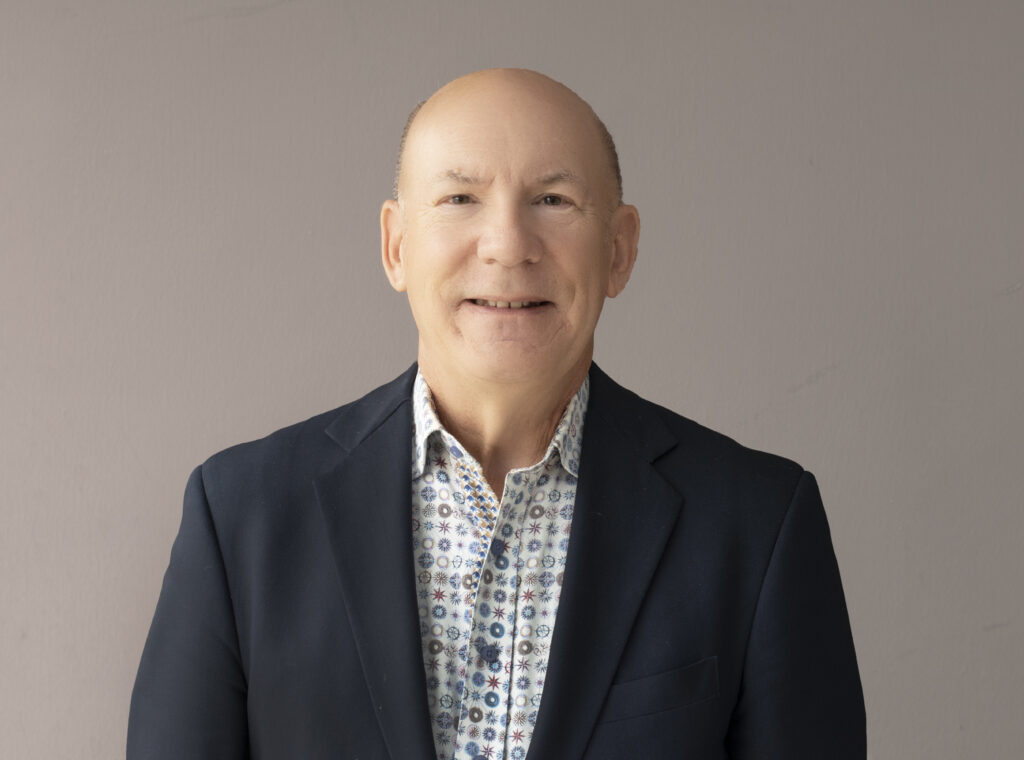
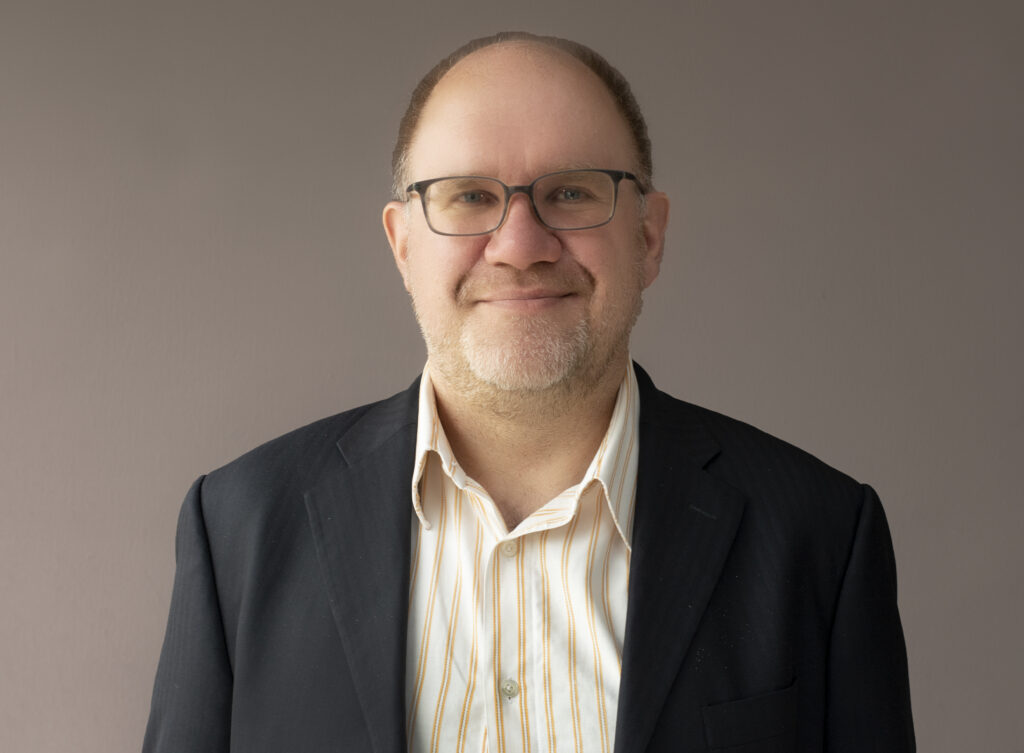
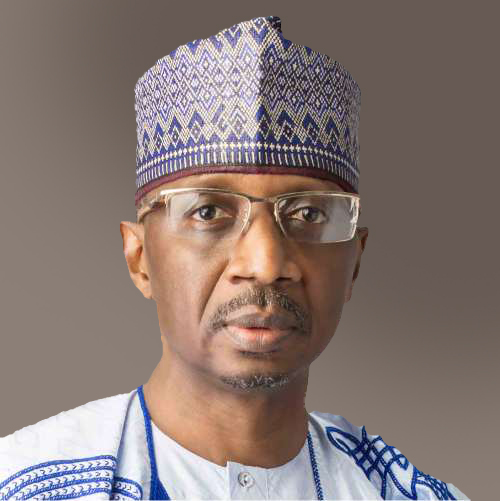
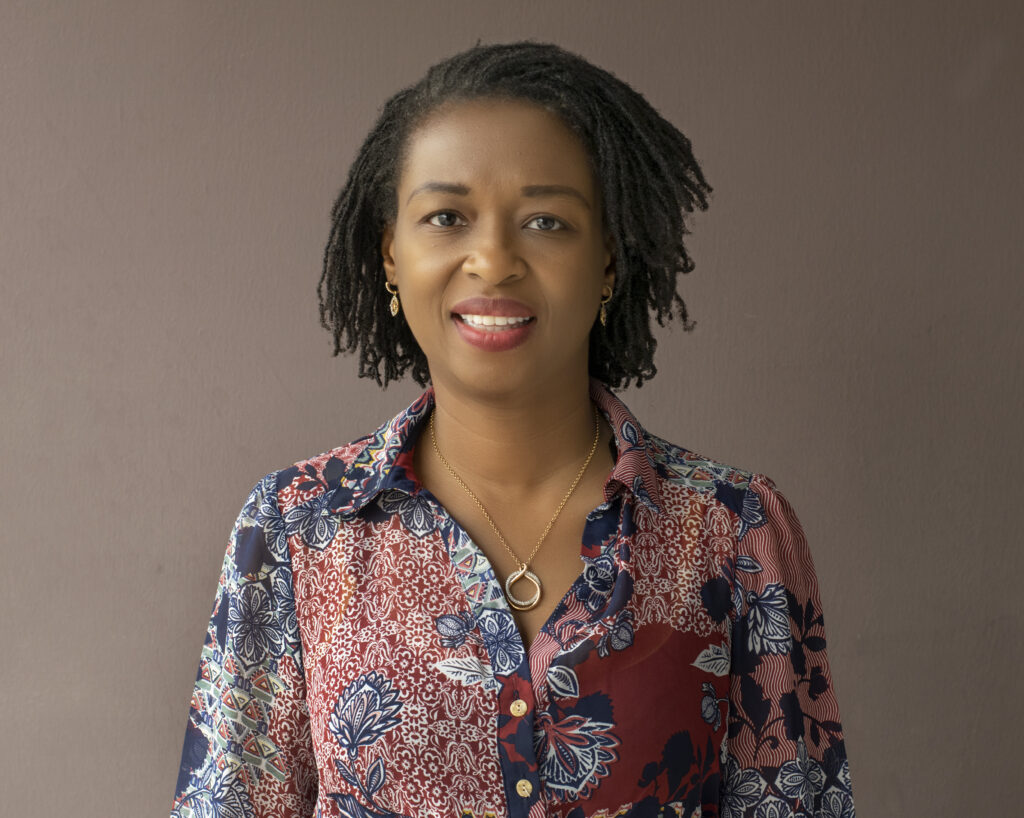
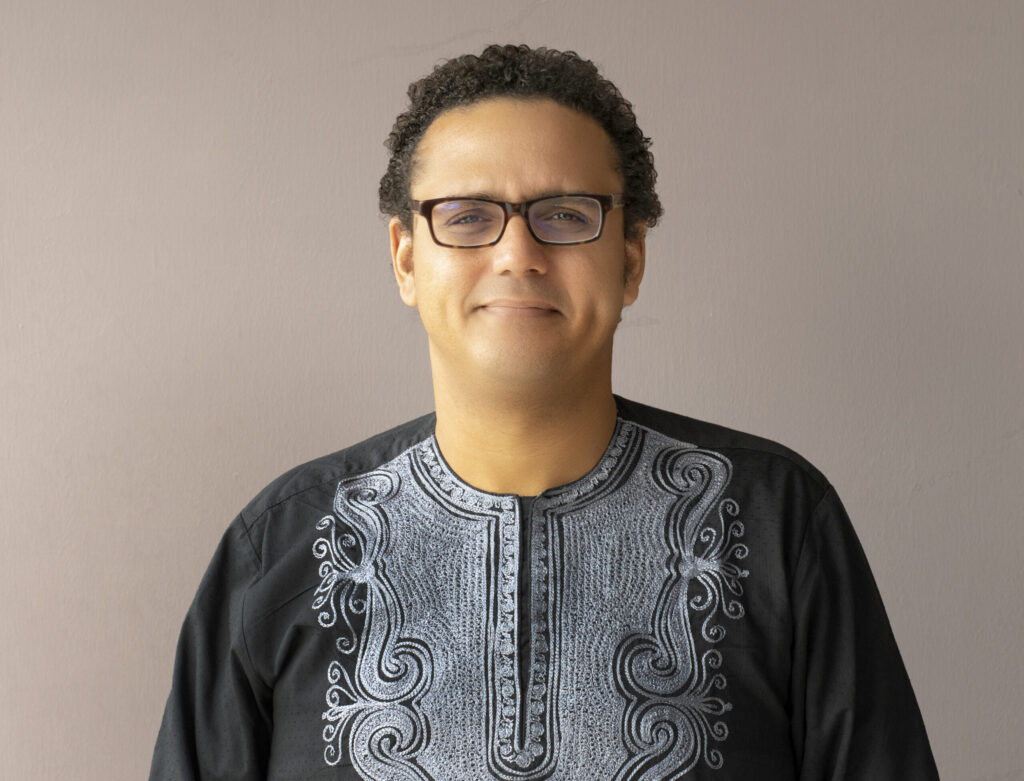
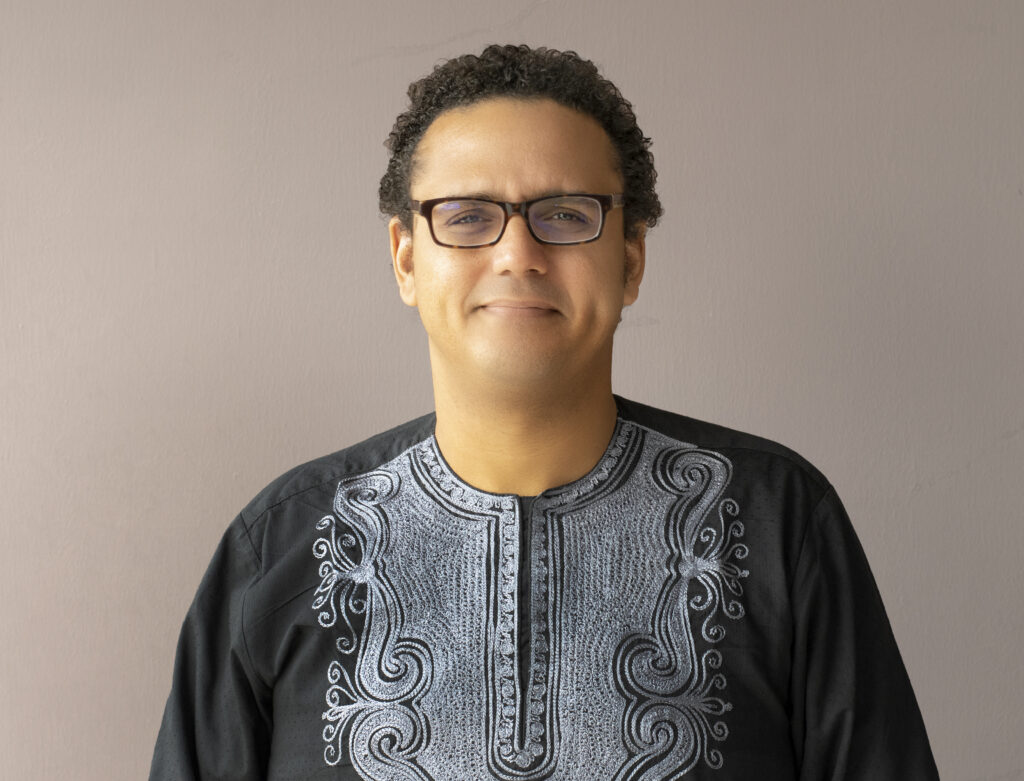
Really nice
Hello, this was alot helpful and I would like to contact the owner of the post for more information and questions. Would leave my email and hopefully get a response. Thank you
This is actually very helpful. I never thought of these processes though I’ve always love farming. In fact I have the land ready but I’m confused and scared.
I will like to get more information and be MENTORED. Thank you.
A lot helpful. Thanks to you
Pls can I have your email to get in contact with you
Hello Zamsi, you can send us a mail via [email protected]
I find many articles here quite interesting and want to learn more about going into Cassava, Maize, etc farming very soon.
Thank you
Hello Festus,
Thank you for your comment and feedback, we are working on developing articles on how to start various types of farming.
We have for Maize Farming in Nigeria: How to Get Started and for Poultry Farming in Nigeria: How to Get Started.